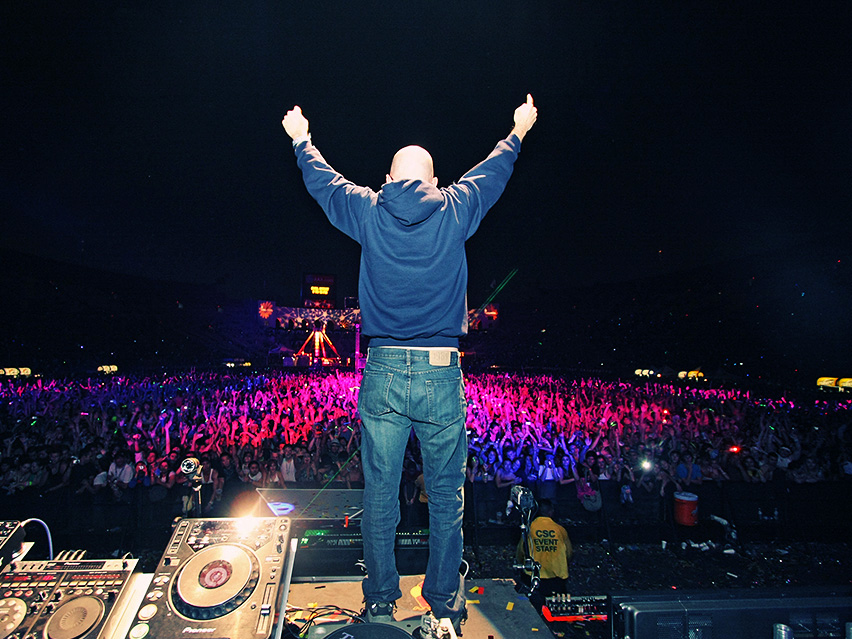
Association for Electronic Music Strikes Opening Notes
Electronic dance music now has its own voice in the music industry, but with the Association for Electronic Music, will it get the credibility industry professionals crave?
Music is always reinventing itself. New genres are born almost daily, while classic ones grow and evolve. One genre, electronic dance music (EDM), has been eating its vegetables, building up strength and recognition in recent years through award shows, concerts, and conferences.
The newly founded Association for Electronic Music (AFEM) has one purpose in mind: to make sure EDM is acknowledged by the music industry. It’s calling on anyone in the EDM business to be an integral part of the community. That includes DJs, producers, managers, labels, promoters, agents, and more.
It’s most important for us to be embracing rather than excluding, to be collaborating rather than competing.
Why the association is launching now, and what it plans to do:
The Music
One reason EDM has been slow to gain credibility in the music industry is how it’s made: The sounds are computer-generated and rarely instrument-based. While the audience is huge, artists and others working in the genre say it gets less respect than others that show up on the radio more often. AFEM plans to change that.
In 1958, the Country Music Association formed with a similar mission—to build the brand of a musical genre that was working on a smaller scale at the time. Since then, country music has gone mainstream, thanks in no small part to the CMA’s award ceremonies and festivals, which are shown on major television networks and draw millions of viewers each year.
AFEM appears to be aiming for that level of growth.
“The association is a not-for-profit trade body which will act globally; it will aim to support and enhance the industry; educate; unite; challenge and lead in matters where the industry needs one voice to help better our future,” according to the group’s mission statement. “Association for Electronic Music is a future alliance for future music.”
The Money
For the past few years, EDM has gained industry attention, especially because of its popularity with young adults. EDM producer and performer Joel Zimmerman, better known as Deadmau5, took off his signature mouse ears during an interview at the FutureSound conference last November, in which he called EDM “event-driven marketing.”
Zimmerman was talking about the Woodstock-like concert culture that racked up $4 billion worldwide in 2012. That’s where selling 60,000 tickets at $100 for a single concert can get you—along with corporate sponsors that yearn to reach millennials.
The Voice
AFEM will serve as a voice for the global electronic dance music community. But the association’s goal isn’t to move legislation, at least not yet. Entertainment industry attorney and AFEM founder Kurosh Nasseri, who has specialized in EDM for two decades, says the association’s main goal is to gain recognition within the music industry by speaking in a unified voice for its members.
“It’s most important for us to be embracing rather than excluding, to be collaborating rather than competing. It’s important to invite participation rather than stand in judgment,” Nasseri told Billboard. “What we’re announcing is not meant to compete with or displace any other organizations but interface with them in a collaborative manner. And it’s important for us to focus on the people involved, people committed to the genre.”
The association also has legendary producer Nile Rodgers as its first “ambassador.” Rodgers, who gained fame in the disco band Chic, is currently working with Daft Punk, a French house act which may be the electronic music’s biggest household name.
Can the right industry voice produce results? Share your thoughts in the comment section below.
(Flickr/Caesar Sebastian)






Comments